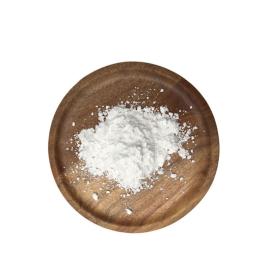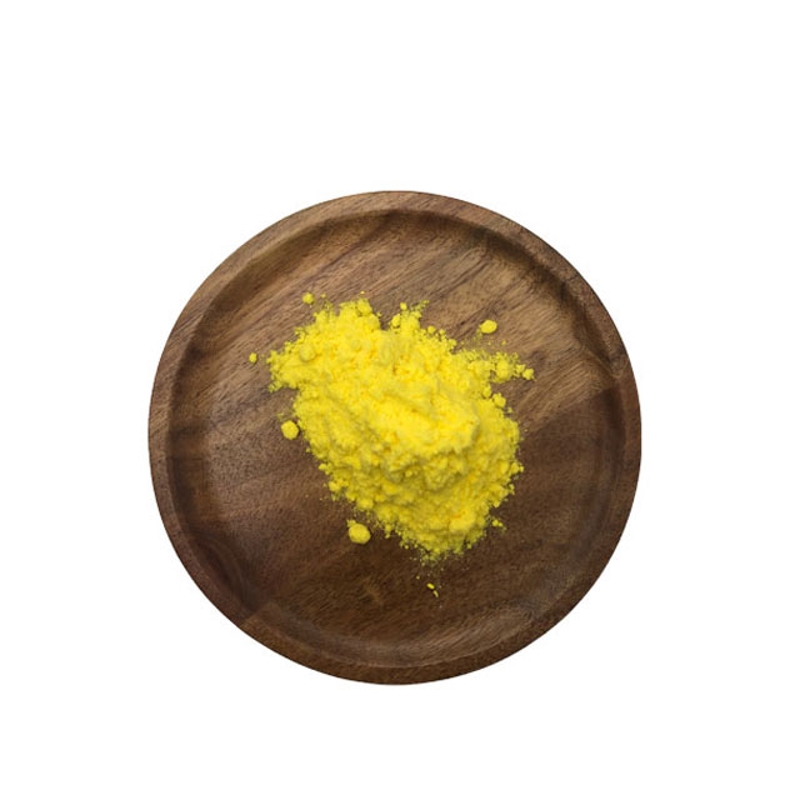-
Categories
-
Pharmaceutical Intermediates
-
Active Pharmaceutical Ingredients
-
Food Additives
- Industrial Coatings
- Agrochemicals
- Dyes and Pigments
- Surfactant
- Flavors and Fragrances
- Chemical Reagents
- Catalyst and Auxiliary
- Natural Products
- Inorganic Chemistry
-
Organic Chemistry
-
Biochemical Engineering
- Analytical Chemistry
- Cosmetic Ingredient
-
Pharmaceutical Intermediates
Promotion
ECHEMI Mall
Wholesale
Weekly Price
Exhibition
News
-
Trade Service
Regorafenib and fruquintinib are both recommended in China for metastaticColorectal cancer (CRC) patients
.
However, there is still no head-to-head study comparing the efficacy of the two in patients with metastatic colorectal cancer
Regorafenib and fruquintinib are both recommended in China for metastaticColorectal cancer (CRC) patients
Patients with metastatic CRC who received regorafenib or fruquintinib between January 2018 and April 2020 were retrospectively collected, and patients treated between May 2020 and February 2021 were prospectively included
.
The primary endpoint of the study was time to treatment failure (TTF), and secondary outcomes were overall survival (OS) and adverse events
Patients with metastatic CRC who received regorafenib or fruquintinib between January 2018 and April 2020 were retrospectively collected, and patients treated between May 2020 and February 2021 were prospectively included
Between January 2018 and February 2021, a total of 366 patients with metastatic CRC received regorafenib (n=260) or fruquintinib (n=106), 220 of whom were retrospectively included, 146 patients were prospectively included
Of the patients, 70.
The median TTF was 2.
In the efficacy evaluation group, 3 patients in the regorafenib group and 1 patient in the fruquintinib group achieved partial remission, with a disease control rate (DCR) of 52.
0% and 57.
0%, respectively
.
0% and 57.
0%, respectively
.
In subgroup analyses, the median OS results for the prospective and retrospective groups were consistent with those for the entire cohort
.
In the retrospective cohort, the median TTF was 3.
In subgroup analyses, the median OS results for the prospective and retrospective groups were consistent with those for the entire cohort
In propensity score analysis, 186 patients in the regorafenib group and 98 patients in the fruquintinib group were matched, and there was no significant difference in median TTF (p=0.
Overall, 85.
When the optimal treatment sequence was explored, 84 patients were in the regorafenib-fruquintinib-fruquintinib-treated group (RF), and 29 patients were in the fruquintinib-fruquintinib-recombination-regorafenib treatment group (FR)
.
The median TTF1 was 3.
1 months (95% CI 2.
2-4.
0) in the RF group and 4.
4 months (95% CI 3.
6-6.
3) in the FR group (adjusted HR 1.
39, 95% CI 0.
88-2.
18 , p=0.
157)
.
However, the median TTF2 in the RF group [3.
6 months (95% CI 2.
8-4.
4)] was significantly longer than in the FR group [1.
7 months (95% CI 1.
4-2.
8)] (adjusted HR 0.
22, 95% CI 0.
21-0.
55 , p<0.
001)
.
OS from first enrollment (adjusted HR 0.
59, 95% CI 0.
38-0.
93, p=0.
024) [28.
1 months (95% CI 19.
6-NR) vs 18.
4 months (95% CI 12.
9-NR)] showed the same trend
.
When the optimal treatment sequence was explored, 84 patients were in the regorafenib-fruquintinib-fruquintinib-treated group (RF), and 29 patients were in the fruquintinib-fruquintinib-recombination-regorafenib treatment group (FR)
.
The median TTF1 was 3.
1 months (95% CI 2.
2-4.
0) in the RF group and 4.
4 months (95% CI 3.
6-6.
3) in the FR group (adjusted HR 1.
39, 95% CI 0.
88-2.
18 , p=0.
157)
.
However, the median TTF2 in the RF group [3.
6 months (95% CI 2.
8-4.
4)] was significantly longer than in the FR group [1.
7 months (95% CI 1.
4-2.
8)] (adjusted HR 0.
22, 95% CI 0.
21-0.
55 , p<0.
001)
.
OS from first enrollment (adjusted HR 0.
59, 95% CI 0.
38-0.
93, p=0.
024) [28.
1 months (95% CI 19.
6-NR) vs 18.
4 months (95% CI 12.
9-NR)] showed the same trend
.
In conclusion, the study showed that regorafenib and fruquintinib were equally effective in the treatment of metastatic colorectal cancer
.
The OS benefit of regorafenib followed by fruquintinib treatment is more obvious, but further verification is needed
.
.
The OS benefit of regorafenib followed by fruquintinib treatment is more obvious, but further verification is needed
.
Studies have shown that regorafenib and fruquintinib are equally effective in the treatment of metastatic colorectal cancer
.
The OS benefit of regorafenib followed by fruquintinib treatment is more obvious, but further verification is needed
.
Studies have shown that regorafenib and fruquintinib are equally effective in the treatment of metastatic colorectal cancer
.
The OS benefit of regorafenib followed by fruquintinib treatment is more obvious, but further verification is needed
.
Original source:
Original source:Qi Zhang , Mifen Chen , Zhenghang Wang , Changsong Qi , Yanshuo Cao , Junyan Zhang , Zhi Peng , Xicheng Wang , Ming Lu , Lin Shen , Jian Li , Efficacy and safety comparison of regorafenib and fruquintinib in metastatic colorectal cancer-An observational cohort study in the real world, Clinical Colorectal Cancer (2022), doi: https://doi.
org/10.
1016/j.
clcc.
2022.
01.
007
org/10.
1016/j.
clcc.
2022.
01.
007
leave a message here







